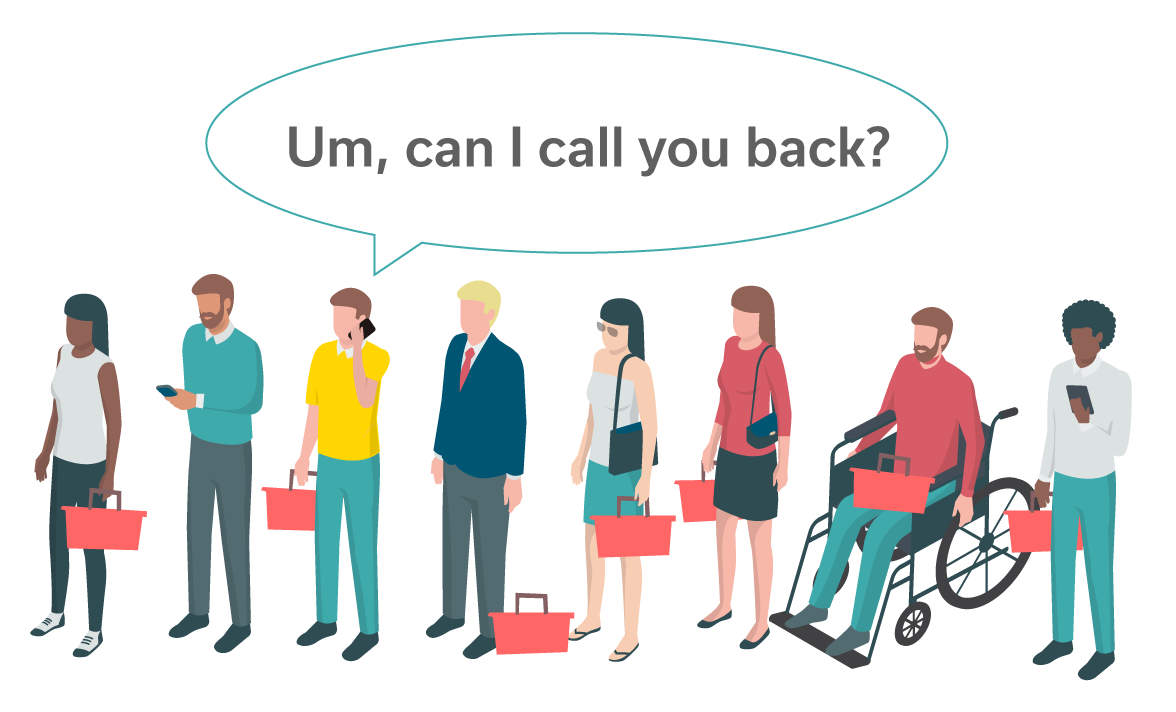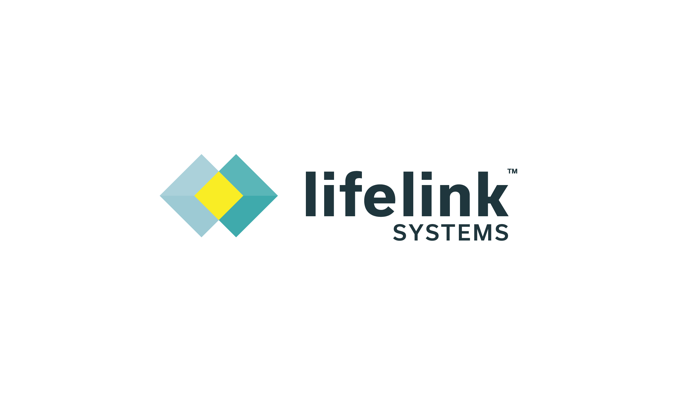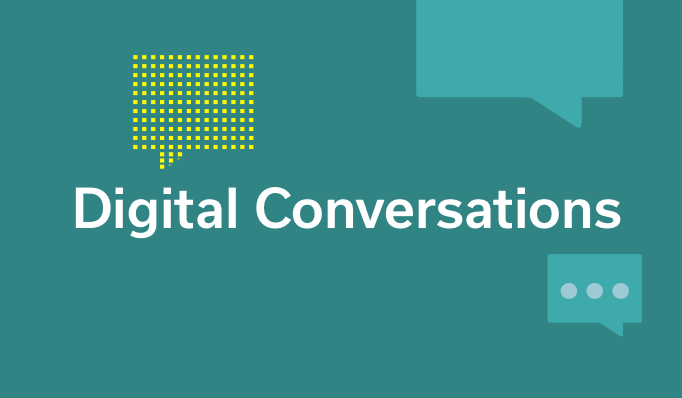Privacy in healthcare is a big deal. As voice becomes a more common way of interacting with devices, confidentiality of personal medical information becomes harder to maintain.
There has been quite a bit of hype over the past few years about the new class of “talking technology” that promises to do away with keyboards, touchscreens, and the mouse. Alexa and Siri have gotten better at understanding voice requests and delivering the right responses.
Consumers are talking out loud, in public on these devices more than ever, and there are privacy implications when it comes to human-machine discussions about healthcare.
Conversational chatbots that reside as AI-enabled software code on websites, phones, and smart machines have become a very big deal because they represent the beginning of a quantum, next-level technology leap. There’s a race to create smart consumer engagement automation that is capable of handling and simplifying all kinds of tasks — from basic Q&A to complex financial transactions that are compliant and secure.
In the past decade, over $17B in VC funding has been poured into startups focused on AI, Natural Language Processing (NLP), and related technologies. Since 2014, a significant chunk of the funding has been directed at later stage rounds which means companies have moved past the “good idea” stage and entered the “commercially viable” growth phase. Mature conversational technology is a big part of our daily lives — just ask Siri!
The seven-inch mobile screen is also big driver. For people with big, clumsy hands, the ability to ask your phone a question vs. slowly typing, hitting backspace, and undoing annoying auto-correct whiffs is sweet. Siri is really good at playing Stairway to Heaven, providing directions to 123 Main Street, or giving the population of Phoenix, but…
There is a long way to go when it comes to voice-ifying the array of complex interactions and transactions that happen every day.
Did the guy in seat 17B just say that?
Mobile technology has armed everyone with a connected pocket super computer that can be used anywhere — on a train, in a waiting room, at the grocery store, you name it. On any busy sidewalk it’s likely the majority of people will have their phones in hand, face down, not paying attention, and doing something. Face it, we’re addicted.
Mobile technology has also changed the rules of privacy. Phone conversations have shifted from the one’s home to public spaces. Some people simply don’t care that their discussion about a messy divorce is being shared with a group of seven people in the elevator.
Conversely, we have all found ourselves in a situation where the phone rings, it’s from the school and you really need to need to answer. Maybe you also happen to be sitting on a plane about to pull back from the gate. The hushed conversation begins, there has been a playground fight and your kid has been suspended and needs to be picked up. You do your best to deal with it and everyone in rows 16–23 heard the entire thing. It’s painful, but we have all been there, and most would understand it’s part of life in today’s mobile-connected world.
Respecting the air space of others is actually a thing these days. And let’s pray that the airlines don’t ever turn on in-flight cellular service!
Siri wants to talk to you about your recent trip to the OBGYN.
When it comes to healthcare, are we really ready to start having those conversations out loud, in public? It was recently announced that Alexa had become HIPAA-compliant which unleashed a flood of opinion and news articles that voice had arrived in healthcare. Everyone is jumping with excitement about how voice will pave the way for next-gen healthcare experiences. Maybe, except there’s a fundamental issue and it has nothing to do with technology capabilities.
There’s a reason most pharmacies and medical check in desks have signs asking people to stay back to respect patient privacy. Healthcare conversations between patients and their providers frequently involve private, sensitive subjects that should not be exposed to others unless they are family members are trusted caregivers. That’s why we have fairly stringent laws.
In the United States, the HIPAA legislation put a number of baselines in place, resulting in a laws and policies designed to protect patient privacy. Since then, a number of other laws have been implemented to protect protected healthcare information (PHI). There are significant reasons why PHI needs to be handled with extreme care, but there’s also an intense personal dimension in play that should not be overlooked.
From the privacy of your home or car, a simple intuitive conversation about lab results through Alexa is great. Why type when you can talk? But what happens when you are not home, but rather at work or at a little league game? Maybe a little conversational discreetness is in order.
Human-Machine Conversations Are Here Now
Conversational AI that use a messaging interface is ideal for healthcare. While texting my not be as cool as talking to Alexa, messaging is effective at handling smart conversations, and it can be done privately from anywhere.
Healthcare conversations might be voice-suitable occasionally, but they are text-suitable all the time.
Today, the healthcare industry is racing to get better at patient engagement. Chatbots by their very definition are designed to engage people in a two-way conversation. Those conversations might be voice-suitable occasionally, but they are text-suitable all the time. It’s the same power, AI smarts, and intuitiveness of advanced voice bots, it’s just free of the broadcast dimension.
Text-based digital assistants are also more firmly designed and scripted, enabling conversations to stay within established boundaries, which ensures results and outcomes. There’s less opportunity for translation issues, which in healthcare could literally be a life and death situation.
Telemedicine is poised to explode. Medicare will start reimbursing for healthcare interactions through a remote connection in 2020 which will open the floodgates to a different kind of healthcare interaction — with INTERACTION being the key word.
At the same time, the VC investments and advancements in AI will make voice technology better. It’s very possible voice will become capable of handling pretty advanced clinical tasks. But no matter how great the technology is, there are times, places, and subjects that are best handled in private, on a keyboard, using the same intuitive conversational horsepower that’s driving innovations in NLP.
And let’s hope we don’t ever find ourselves in a cramped public space, listening to some dermatological horror story that Siri is conducting with a fellow passenger.








